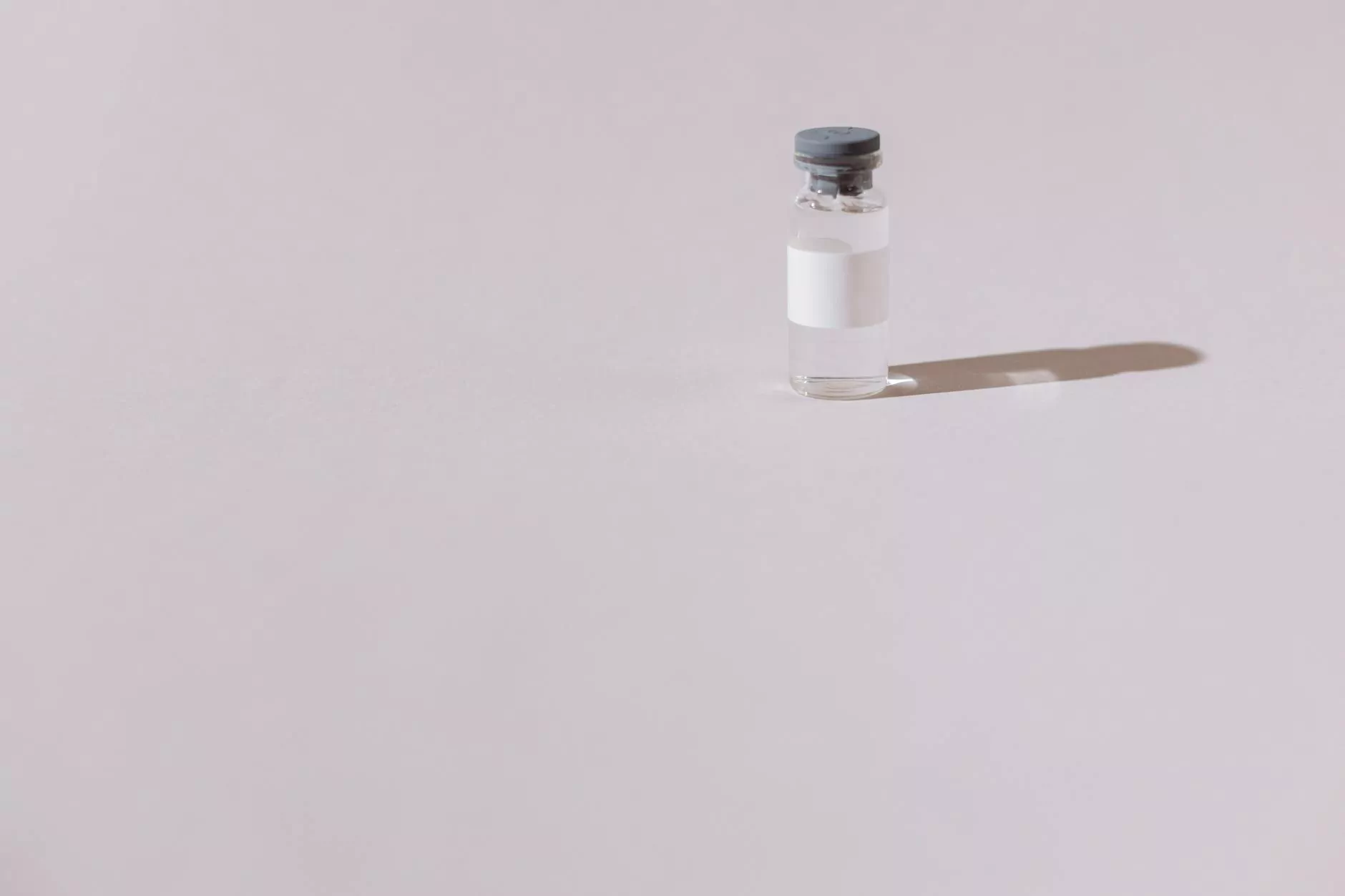Understanding the Disadvantages of Dental Crowns

The world of dentistry offers a variety of solutions for restoring damaged teeth, and dental crowns are among the most common options. While they provide significant benefits, it's crucial to discuss the disadvantages of dental crowns to ensure informed decision-making. In this article, we will explore their downsides, giving you a comprehensive perspective on this dental solution.
What are Dental Crowns?
Dental crowns are prosthetic devices that cover the entire tooth, restoring its shape, size, strength, and appearance. They are often employed following root canals, to support a large filling, or to protect a weak tooth. Crowns can be made from various materials, including metal, porcelain, resin, and ceramic.
Benefits of Dental Crowns
Before delving into the disadvantages, it's important to recognize that dental crowns also come with numerous advantages:
- Protection: They shield weak teeth from further decay.
- Functionality: Crowns restore the ability to chew without pain.
- Aesthetics: They enhance the appearance of discolored or misshapen teeth.
- Durability: Crowns can last many years with proper care.
The Disadvantages of Dental Crowns
Despite their benefits, there are notable disadvantages of dental crowns that patients should consider:
1. Cost Considerations
One of the most significant downsides of dental crowns is their cost. Depending on the material and the complexity of the case, crowns can be expensive. Insurance may not cover the entirety of the cost, leading to substantial out-of-pocket expenses for patients. This financial burden can be a major deterrent for those considering the procedure.
2. Procedure Complexity
The process of getting a dental crown typically requires multiple visits to the dentist. First, the tooth must be prepared, which often involves drilling and reshaping the tooth. In some cases, temporary crowns will be placed while the permanent crown is fabricated. This multi-step procedure can be inconvenient and time-consuming.
3. Potential for Sensitivity
After the placement of a crown, it is not uncommon for patients to experience enhanced tooth sensitivity. The tooth structure underneath the crown may react to temperature changes or pressure, causing discomfort. This sensitivity can persist for weeks or even months, impacting the patient's daily life.
4. Risk of Damage
While crowns are designed to be durable, they are not indestructible. Crowns can crack, chip, or wear down over time. This is particularly true for crowns made from certain materials that may not withstand heavy chewing forces. If a crown becomes damaged, it may require replacement, leading to additional costs and procedures.
5. Tooth Reduction
To fit a crown, a significant amount of the natural tooth enamel must be removed. This reduction can weaken the tooth structure and make it susceptible to further damage or decay. In some cases, this reduction of natural tooth substance can lead to complications, undermining the long-term health of the tooth.
6. Misalignment Issues
When a crown is improperly fitted or aligned, it can lead to bite issues. Misalignment can cause discomfort, jaw pain, and even lead to further dental complications such as tooth grinding or jaw tension. Proper fitting by a skilled dentist is crucial to avoid these issues.
7. Aesthetic Concerns
Although many crowns are designed to closely resemble natural teeth, there may be instances where they do not match perfectly in color or shape. This aesthetic discrepancy can be particularly concerning for front teeth, where appearance is paramount. Patients may feel self-conscious if their crowns do not blend well with their natural smile.
8. Maintenance and Care
Dental crowns, like natural teeth, require proper maintenance. Although they are resistant to decay, the surrounding natural tooth and gum tissue are still vulnerable. Inadequate oral hygiene can lead to gum disease or decay at the margins of the crown, necessitating further dental intervention.
9. Lifespan and Replacement
While crowns can last many years, they are not permanent solutions. The lifespan of a crown can vary based on material, placement, and individual habits. Patients may need to replace crowns after a decade or sooner if complications arise, leading to longer-term costs and procedures.
Alternatives to Dental Crowns
For those who are concerned about the disadvantages of dental crowns, there are alternatives to consider:
- Fillings: For minor decay, a simple filling might suffice instead of a crown.
- Veneers: These are a cosmetic option for front teeth that provides aesthetic enhancement without the need for a crown.
- Onlays and Inlays: These are more conservative options that preserve more natural tooth structure compared to crowns.
- Root Canals: If decay is extensive, sometimes saving the tooth through a root canal can eliminate the need for a crown.
Conclusion
It's essential for patients to weigh the disadvantages of dental crowns against their benefits. While dental crowns can be a viable solution for many dental issues, they are not without challenges. Understanding the full scope of potential downsides empowers individuals to make informed decisions about their dental health. Always consult with your dentist to discuss your specific needs, concerns, and the best options available for maintaining your smile.
For additional resources and support regarding dental health and options, visit Wupdoc.com, where expert advice is just a click away.









